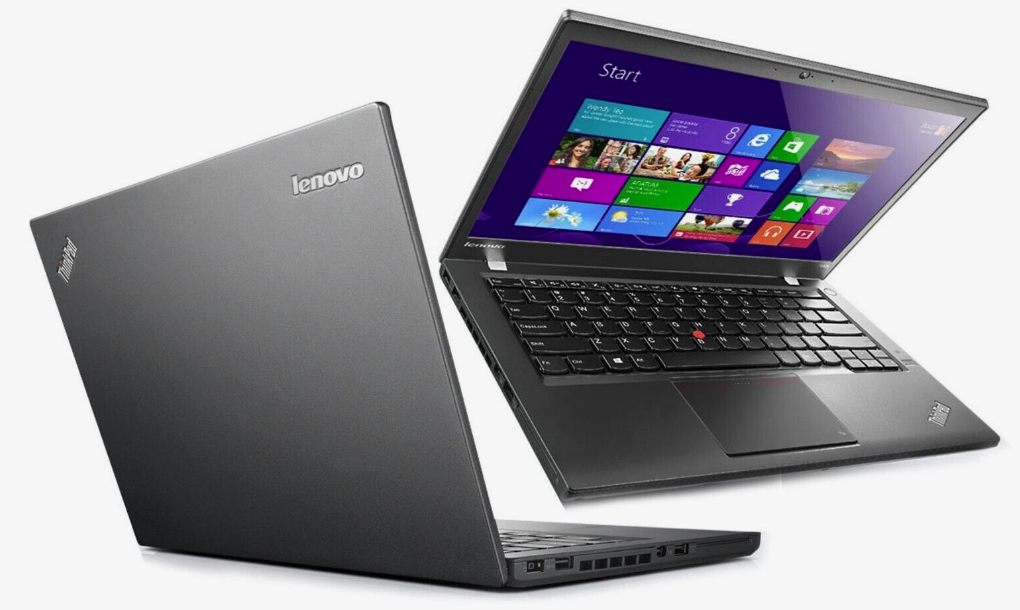The entertainment industry is no longer a stranger to innovation, and artificial intelligence (AI) has emerged as one of the most transformative forces in how content is created, consumed, and personalized. AI is at the heart of these advancements, from how filmmakers produce blockbuster movies to how streaming services curate personalized recommendations.
According to AIM RESEARCH, “ The presence of AI in the global media and entertainment industry is expected to reach $ 99.48 billion by 2030.” Laptops powered up by AI tools are now becoming important for content creators. Plus, AI laptops are redefining the relationship between content and consumers.
Let’s explore how AI is redefining the entertainment industry through its integration into laptops, virtual production tools, and personalized media experiences:
AI-Powered Laptops: The Ultimate Tool For Content Creators
As the demand for high-quality, immersive content grows, so does the need for powerful tools to support complex tasks like video editing, CGI rendering, and animation. AI-powered laptops are now at the forefront of this transformation, providing creators with enhanced capabilities to produce content faster and more efficiently.
-
Accelerating Content Creation with AI Tools
AI-powered laptops are equipped with tools designed to enhance every aspect of the creative process.
Let’s take an example, Adobe’s suite of AI tools, such as Adobe Sensei, is integrated into their Creative Cloud software, allowing artists, designers, and filmmakers to utilize features like content-aware editing, automated color grading, and facial recognition for editing photos and videos.
These features speed up workflows and reduce the need for repetitive tasks, allowing creators to focus on the more artistic elements of their projects.
NVIDIA, a leader in AI technology for entertainment, offers AI-powered laptops with GeForce RTX GPUs that enable real-time ray tracing and AI-enhanced rendering for cinematic-quality visuals.
This technology is particularly beneficial for video editors, game developers, and 3D artists who rely on high-quality graphics and smooth processing to bring their ideas to life.
-
AI-Assisted Editing and Post-Production
In video production, AI laptop is changing the game with automatic editing suggestions, scene detection, and voice recognition tools that simplify post-production.
For example, DaVinci Resolve, a popular video editing software, incorporates AI tools to auto-generate cuts, transitions, and even audio syncing, making handling large volumes of footage and complex timelines easier.
AI-assisted color grading is another area where laptops are proving indispensable. Programs like ColorLab AI can analyze footage and automatically apply the most appropriate color schemes based on the scene’s mood, lighting, and camera angles.
By leveraging the processing power of AI-enabled laptops, creators can achieve cinematic results in a fraction of the time.
-
Machine Learning for Content Optimization
AI laptops also allow content creators to utilize machine learning (ML) algorithms that optimize content for different platforms.
Whether it’s resizing images for social media, reformatting videos for mobile devices, or analyzing audience engagement metrics, machine learning algorithms help ensure that content is optimized for distribution across multiple platforms.
Personalized Media Experiences: The Future Of Entertainment Consumption
While AI is transforming the production side of entertainment, it is equally disruptive in how audiences consume content. Personalized media experiences, powered by AI algorithms, are changing how streaming platforms, music services, and social media networks engage with users.
-
AI-Driven Content Recommendations
AI-powered recommendation systems are at the core of platforms like Spotify, where algorithms analyze user preferences, viewing habits, and engagement data to deliver personalized content suggestions.
These recommendation engines use machine learning to predict what users will enjoy based on past interactions, making content discovery more relevant and enjoyable.
Netflix’s recommendation algorithm, for example, uses a complex blend of collaborative filtering, content-based filtering, and deep learning to tailor its suggestions to each user.
By analyzing factors like watch history, genre preferences, and the time of day a user is most likely to watch, Netflix ensures that every recommendation is personalized to keep viewers engaged.
-
Interactive and Immersive Experiences with AI
AI laptops are also enabling more interactive and immersive media experiences. For instance, AI-driven virtual reality (VR) and augmented reality (AR) applications are becoming more common in entertainment, providing users with immersive environments to interact with content in real time.
Platforms like Magic Leap are integrating AI to create dynamic experiences where users can explore virtual worlds, play games, and even watch movies in 3D environments.
AI also powers interactive storytelling, where viewers can influence the plot or outcome of a story.
For example, Netflix’s “Bandersnatch,” an interactive film from the “Black Mirror” series, allowed viewers to make decisions for the protagonist, with multiple storylines and endings based on those choices. AI algorithms track and analyze user decisions to provide a more personalized viewing experience.
-
AI-Enhanced Audio and Visual Experiences
AI is also improving audio and visual quality for media consumption. AI-driven upscaling technologies like NVIDIA’s DLSS (Deep Learning Super Sampling) allow users to watch high-intensity, lower-resolution content by predicting and enhancing image details in real-time.
Similarly, AI-powered audio processing tools can enhance sound quality by automatically adjusting equalization, noise reduction, and spatial audio effects based on the content and listening environment.
AI is also making strides in accessibility, with tools like AI-generated subtitles, dubbing, and audio descriptions that help make content more accessible to global audiences and people with disabilities.
For example, Google’s AI-powered auto-captioning on YouTube allows videos to be more inclusive by generating captions in real-time.
Conclusion
The integration of AI laptops in the entertainment industry is creating new possibilities for both creators and consumers. AI-powered laptops are essential for content creators, offering powerful processing capabilities and AI-driven software that simplifies and enhances creative processes.
Virtual production tools, enabled by AI, are transforming filmmaking by allowing for real-time CGI integration, motion capture, and previsualization. On the consumer side, AI powers personalized media experiences that tailor content recommendations, improve audio-visual quality, and enable interactive storytelling.
